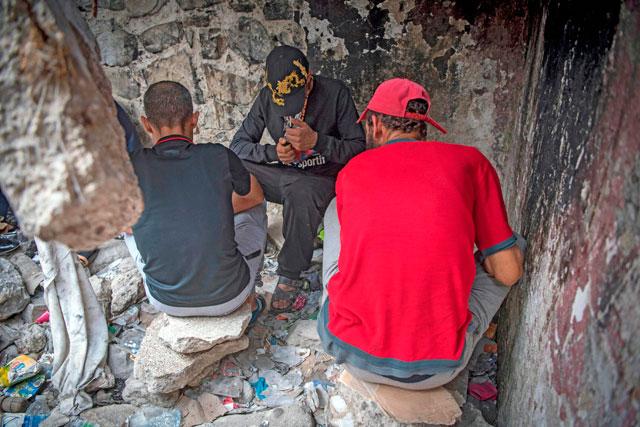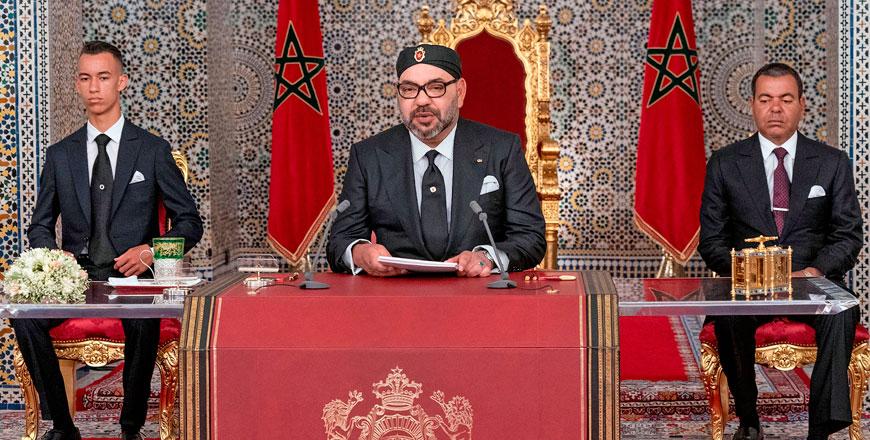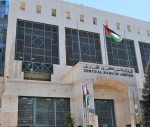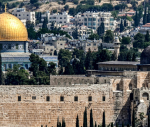You are here
In Morocco, heroin addiction sweeps cannabis corridor
By AFP - Oct 06,2019 - Last updated at Oct 06,2019

Moroccan addicts smoke heroin in a squat behind a police station in the Moroccan city of M'diq near Tetouan on September 14 (AFP photo)
TETOUAN, Morocco — In a filthy squat in a beach town in northern Morocco, drug users inject and smoke heroin, a relatively recent scourge plaguing a region long known for cannabis and contraband.
Rachid says he does nothing with his life, except heroin.
"I shoot up four or five times a day," the 34-year-old said, breathing raggedly.
He shows his arms, scarred from a decade of injecting, before taking a sniff of glue to "prolong the high".
Half a dozen others are shooting up or smoking heroin alongside Rachid in the squat, located behind a police station in M'diq, a Mediterranean resort near the city of Tetouan.
A dose of the powerful opiate they heat on aluminium foil sells for between 2.8 and 6.5 euros ($3-7) for a tenth of a gram.
Every week, a team from the Association for the Fight Against AIDS (ALCS) comes to the squat to hand out syringes to prevent the spread of diseases like HIV and hepatitis.
The sale and consumption of heroin is illegal in Morocco, but thanks to the efforts of ALCS in Tetouan, "it is very rare that users are arrested for their own personal consumption", said Dr Mohamed El Khammas.
He runs the harm reduction programme launched by ALCS in 2009, which combines awareness raising, distribution of materials like clean needles and screening.
"The idea is not to moralise, but to help the user to reduce negative effects," Khammas said.
Cannabis routes
In this region, known worldwide for its hashish produced in the Rif Mountains, heroin use is a relatively recent development that is growing exponentially, experts say.
"It's a public health priority, especially as the heroin being sold is very bad quality: it is mixed with talcum powder, paracetamol and glue," Khammas said.
The typical user is a "single man, aged 30-35 with little or no education who has never worked or works on an occasional basis," according to a 2014 report from the National Observatory on Drugs and Addiction (ONDA).
The northern urban centres of Tetouan, Tangier and Nador are Morocco's worst affected areas.
The spread of heroin is facilitated by the "great population mobility" between southern Europe and northern Morocco, and the increased use of "well-established cannabis routes" by traffickers from Latin America to smuggle cocaine and heroin to Europe, ONDA said.
Those drug barons also barter heroin for cannabis in the Rif, according to ALCS staff.
The number of heroin users in Morocco is unknown.
According to ALCS, there are likely several thousand heroin users in Tetouan alone, a city of 380,000 people, which was once the seat of the Spanish administration under the dictator Francisco Franco.
'Rock bottom'
Hassna, a 46-year-old ALCS caseworker, distributes clean drug paraphernalia from her backpack to users gathered in the M'diq squat.
"We urge them not to share syringes, we accompany them to health centres and we try to convince them to take care of themselves," she said.
Rachid said he is "incapable of quitting".
But he does want access to methadone: "That's all we ask," he said.
This opioid substitute is distributed by addiction treatment centres in Tetouan, but in "insufficient amounts", Rachid said.
"Withdrawal is terrible, you have cramps, anxiety," said his companion Mohamed, a waxen-faced 24-year-old with a syringe buried in his tattooed arm.
Every evening, an ALCS medical vehicle is parked in a different location, with a doctor, nurse and field workers on hand.
Once a week, the team parks near a cemetery overlooking Tetouan, a common spot for users.
One of them, a 56-year-old named Said, said he "lost everything" because of heroin.
"I am at rock bottom," he said.
"The hardest part is on the social level," 37-year-old Abdelilah said.
"I lost 30 kilogrammes because of this crap. When an old friend sees me in the street, he looks away."
By Hamza Mekouar
Related Articles
RABAT — Morocco's Christian minority on Thursday called on authorities in the Muslim-majority country to guarantee religious freedoms, ahead
Salé, Morocco — The trial of 24 men charged over the brutal murder of two Scandinavian hikers resumed on Thursday in Morocco, with
RABAT — Morocco's King Mohammed VI has marked 20 years on the throne by pardoning thousands of prisoners, including some from the “Hirak” pr















